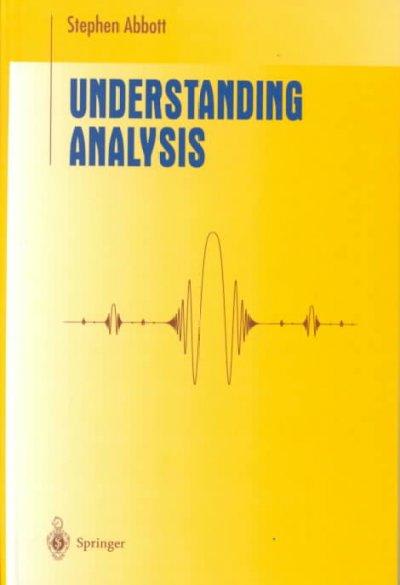Question
Our text describes a trade-off that we must make as engineers between our confidence in the value of a parameter versus the precision with which
Our text describes a trade-off that we must make as engineers between our confidence in the value of a parameter versus the precision with which we know the value of that parameter. That trade-off might be affected by whether we are looking at a two-sided or bounded (one-sided) interval.
Discuss your interpretation of the confidence-precision trade-off, and provide a few examples of how you might make a choice in one direction or the other in an engineering situation.
example post:
The confidence interval and precision both determine what the accurate estimation of measurability is in an object. If you to choose to increase the precision then you risk compromising the confidence interval and thus if you choose to put more emphasis into the confidence level rather than the precision then the precision of the value you are analyzing becomes smaller in validity. In my opinion, I believe the best thing one could do is to find the balance between the precision and confidence where you aren't risking putting more bias into one or the other such as being confident that the interval I've chosen in a population to analyze in a sample is reasonable but keep the precision around the parameter (mean value) valid which in engineering situation could be described as running various simulations in order to find the 95% confidence interval for the true average strength of five metal beams inside a bridge.
Step by Step Solution
There are 3 Steps involved in it
Step: 1

Get Instant Access to Expert-Tailored Solutions
See step-by-step solutions with expert insights and AI powered tools for academic success
Step: 2

Step: 3

Ace Your Homework with AI
Get the answers you need in no time with our AI-driven, step-by-step assistance
Get Started


